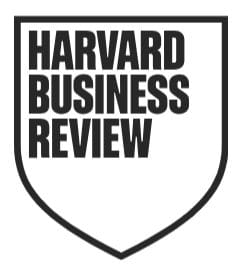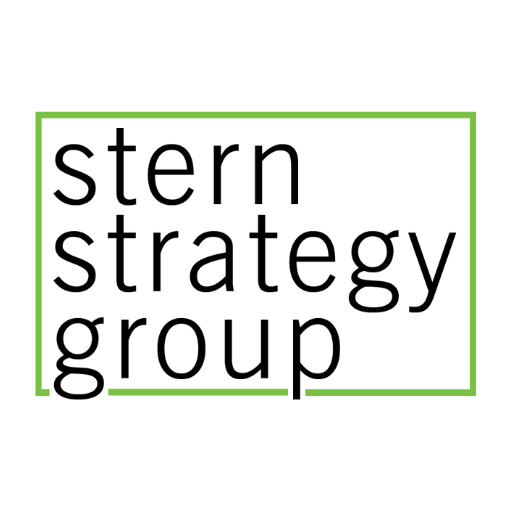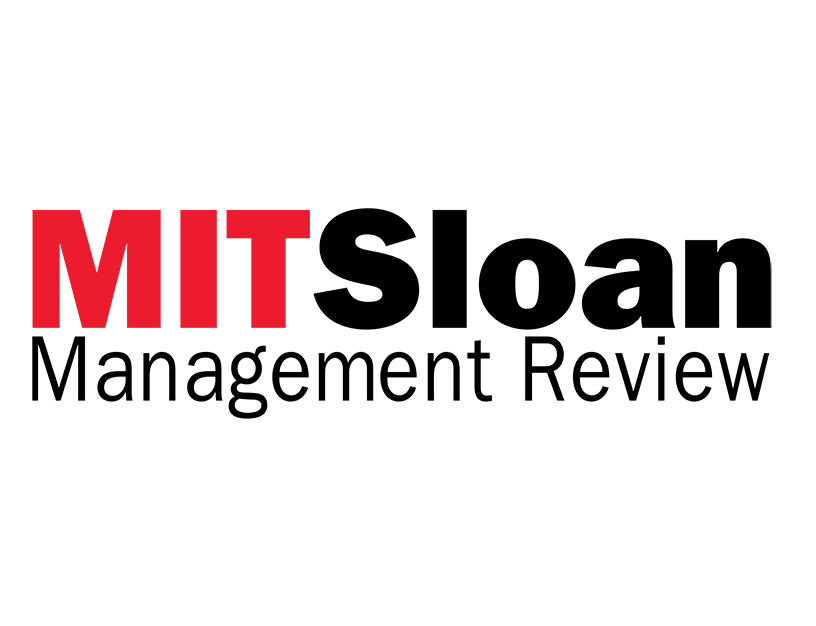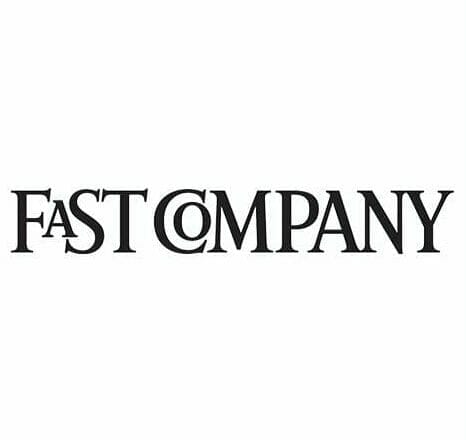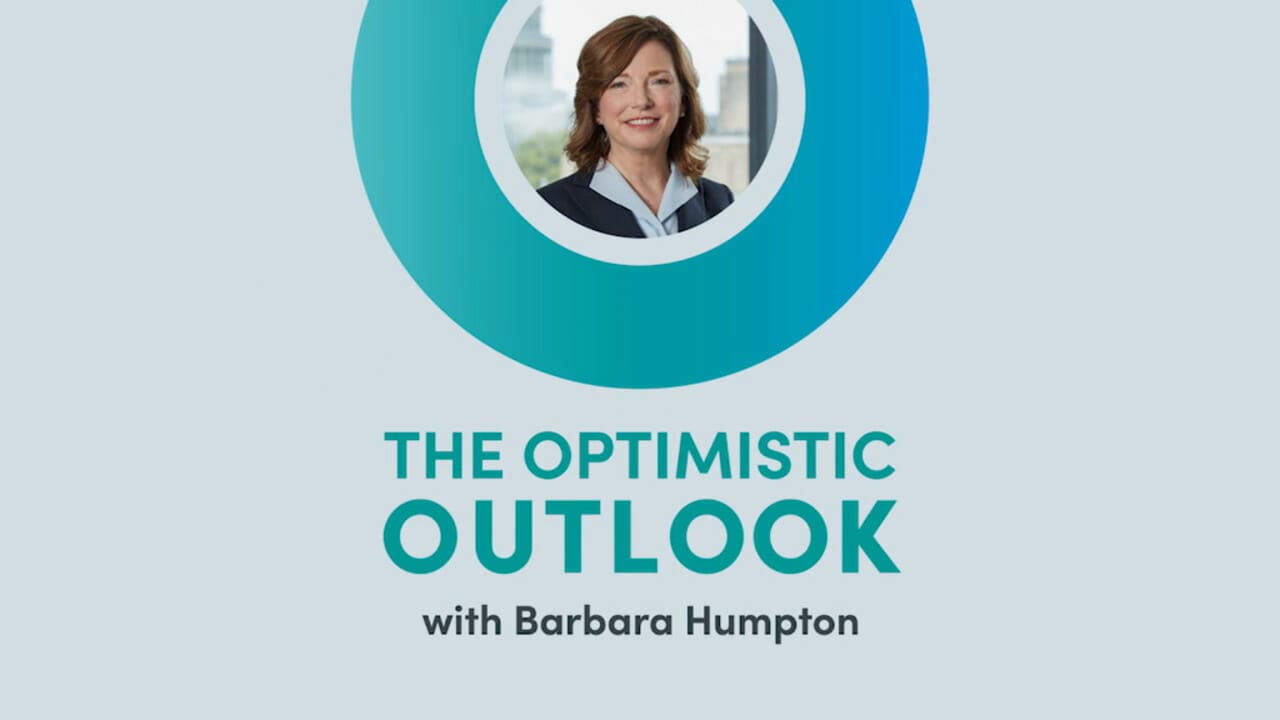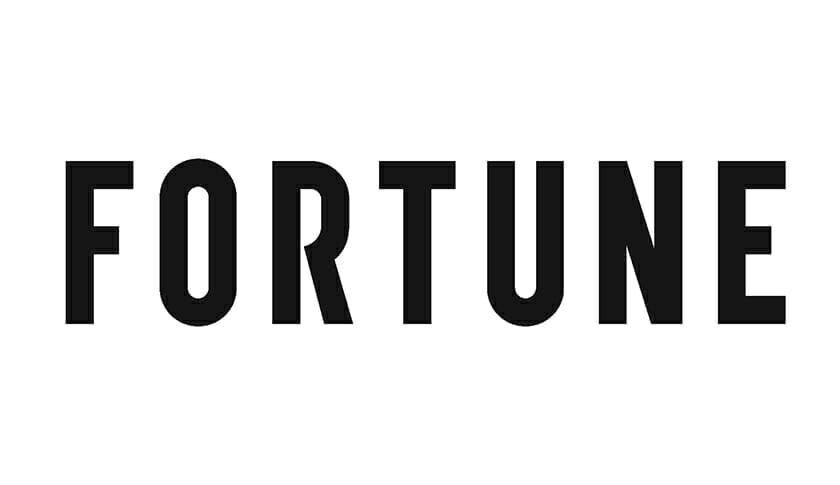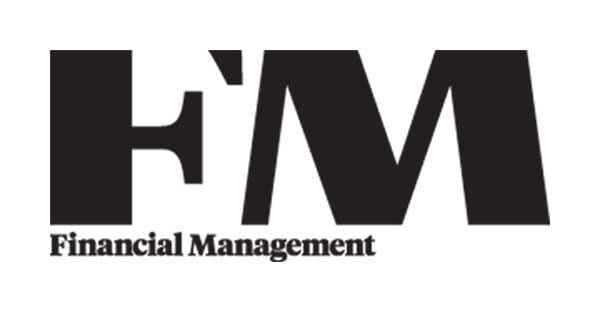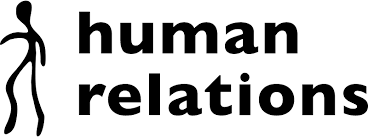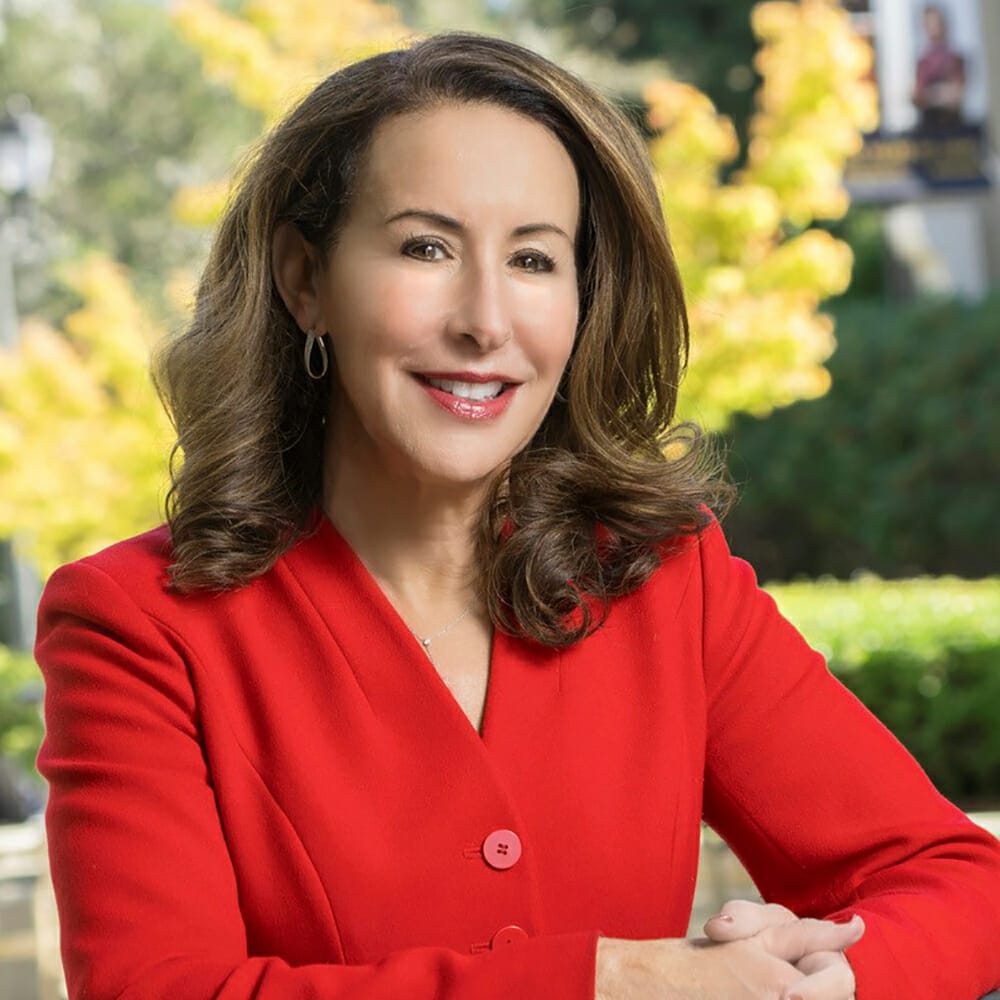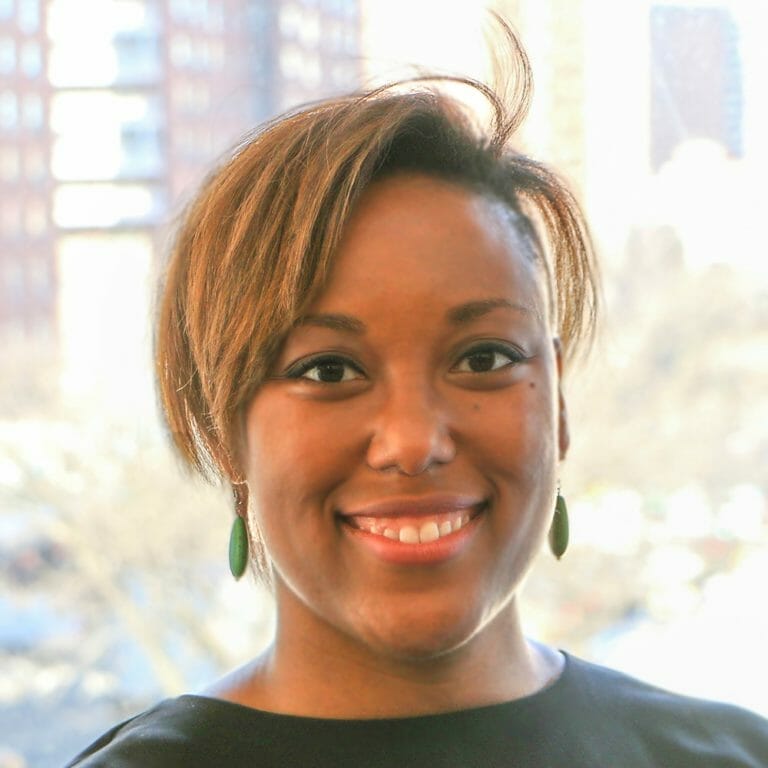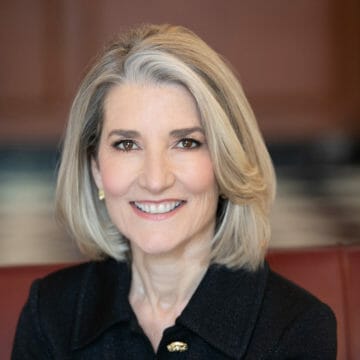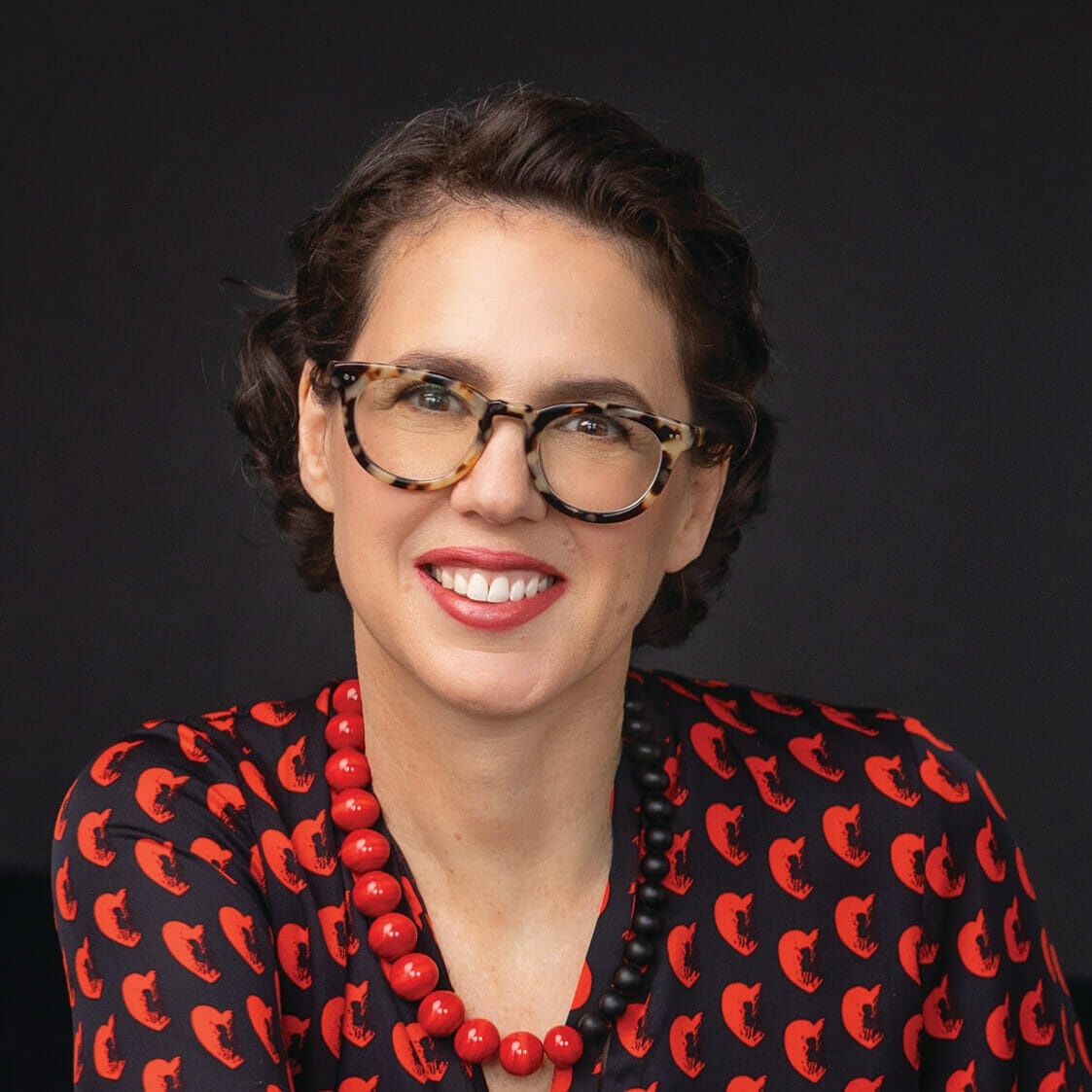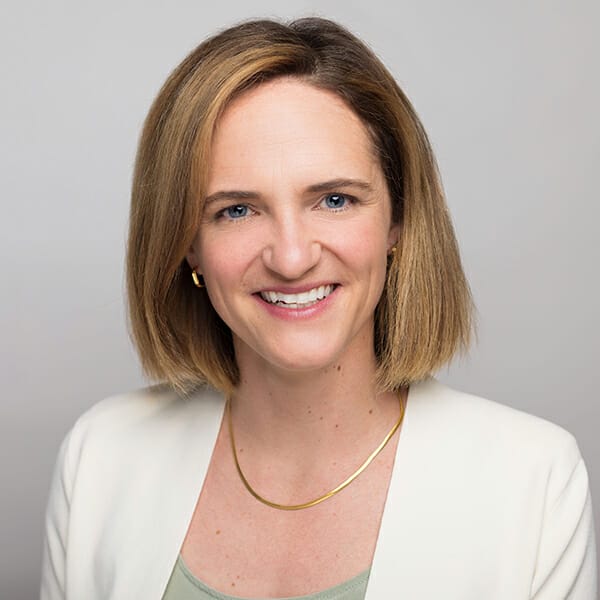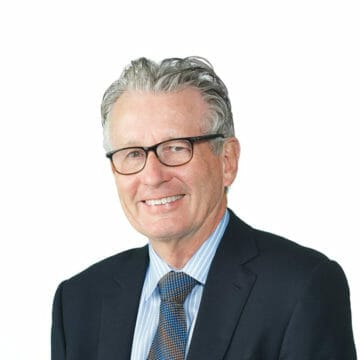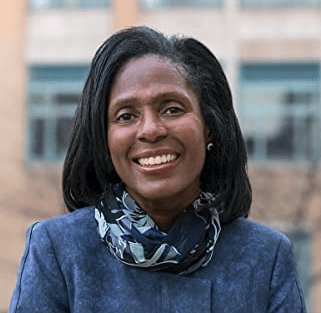Videos
Learn More About Connie Noonan Hadley
Leaders in every sector are facing one of the biggest challenges in their careers: getting employees to return to the office. In addition to preparing the physical workspace, they must be ready to address the psychological issues that may arise in a setting where employees feel anxious or at risk. The health and social issues that have exploded to the forefront over the past year are only exacerbating existing concerns regarding trust, collaboration, and work engagement in organizations.
Helping executives over these hurdles is esteemed organizational psychologist and Boston University (BU) Questrom School of Business Research Associate Professor Constance (Connie) Noonan Hadley. Also the co-director of BU’s Human Resources Policy Institute, her research, speaking and advisory roles focus on building a culture of psychological safety, trust, teamwork and well-being in the workplace. As organizations design processes around the future of work, Hadley works closely with leaders, helping them understand how the decisions they make today may impact their culture and strategy tomorrow.
A research and evidence-based scientist with a Ph.D. in organizational behavior from Harvard University, Hadley, who is also the founder and chief scientist of The Institute for Life at Work and a former consulting researcher at Microsoft Research Lab, has the experience and methodologies to dig beneath the surface of organizational issues ranging from team dynamics to diversity, equity and inclusion. Her accessible frameworks and insights illuminate what is happening inside the hearts and minds of employees so leaders can better understand and manage their teams.
Hadley’s previous experience working as a management consultant at McKinsey & Company, and in marketing and operations at General Mills, sharpened her skills as an organizational change expert. She explains, “My goal is always to translate knowledge into practice. That requires me to really engage with my audience and meet them where they are. I do not provide textbook answers, but I do offer unique research insights, case examples, and cautionary tales to help leaders understand the issues and see a path forward.”
For example, as firms grapple with return-to-work scenarios, Hadley sees problems – and solutions – around both the hybrid and permanently remote models. In either case, she says organizations will need to be more deliberate about how they structure policies, staff teams, manage meetings and set expectations. She recently shared a vision of organizations operating as a “league of teams” with a focus on prioritizing and coordinating team interactions so that better work-life balance can be achieved. As she explains in Forbes, it is crucial that organizations approach the return to the office “with a primary focus on psychological safety as well as physical safety. Without both, employees might just as well stay home.”
At the core of Hadley’s work is helping employees across ranks find meaning and fulfillment in their jobs so that both they and their organizations can flourish. She is particularly skilled at identifying and addressing the often-hidden problem of loneliness in the workplace.
“I encourage leaders to take a more active stance in supporting the health and well-being of their workforce, but I also recognize that strategic goals and constraints need to be considered too,” says Hadley, a member of the Thinkers50 Radar Class of 2024. “It doesn’t have to be either/or, profits or people. Resilient, more engaged, employees not only create stronger organizations, they set the foundation for a healthier society.”
# # #
Constance (Connie) Noonan Hadley, Ph.D., is an organizational psychologist and research associate professor at the Boston University Questrom School of Business. She is a board member of the Higher Ambition Leadership Alliance. Previously, Hadley worked in the fields of management consulting at McKinsey & Company and in marketing and operations at General Mills, Inc. Her work has been published in Harvard Business Review, MIT Sloan Management Review, The Leadership Quarterly, Human Relations, and Group & Organization Management, and featured in The New York Times, The Times (U.K.), Wired, Forbes and other news outlets.
She holds a PhD in organizational behavior from Harvard University/Harvard Business School, an MBA in human resource and strategic management from the Wharton School at the University of Pennsylvania, and a BA in social psychology from Princeton University.
Constance Hadley is available to advise your organization via virtual and in-person consulting meetings, interactive workshops and customized keynotes through the exclusive representation of Stern Speakers & Advisors, a division of Stern Strategy Group®.
Addressing Burnout Through Teamwork
Employee burnout is a critical issue to address, says Boston University Questrom School of Business professor Connie Hadley. This pernicious and often misunderstood condition is likely to fester without conscious intervention, regardless of whether the work is conducted in face-to-face, remote, or hybrid modes. Often, the solution to burnout is pushed downward to the employee level, with workers being told to advocate for better work-life balance or more time for self-care. However, these remedies are likely to be inadequate – and may even make burnout worse. In this talk, Dr. Hadley explains how teams can be a key intervention point to build resilience and reduce employee burnout. Specifically, she advocates for team structures and processes that facilitate mutual emotional and instrumental support. Such relationships can be built by fostering a culture of psychological safety and empathy, as well as by modifying team designs and performance management systems. Examples of successful interventions will be provided to clarify the path forward.
Psychological Safety: What It Is and How to Create It
A massive data analytics project at Google identified psychological safety as the single most important determinant of team success. Psychological safety is also critical to fostering more inclusive work environments. Yet, too often, employees avoid speaking up in the workplace because they fear reprisal or believe their efforts will be futile. This leaves leaders in the dark about existing or future problems, erodes trust and inhibits successful collaboration. In this presentation, Boston University Questrom School of Business professor Connie Hadley explains how leaders can foster a culture of psychological safety in the workplace so employees feel it is “safe” to ask questions, raise concerns, admit mistakes and offer new ideas — which ultimately leads to a more collegial, productive and innovative work environment.
Identifying and Addressing Loneliness in the Workplace
Many workers at all levels are feeling isolated and adrift. Left unchecked, workplace loneliness can trigger disengagement, burnout, and health problems, as well as undermine the long-term viability of organizations. The research of Boston University Questrom School of Business professor Connie Hadley documents these issues – and shows they are getting worse. Hadley will explain the drivers of this phenomenon and what steps can be taken to increase social support and connection among colleagues. She will show how it is possible to foster cultures and design structures so greater human connection can emerge, regardless of whether work is conducted remotely or in person.
How to Ensure a Safe Return to the Office and Prepare for the Future of Work
Convincing employees to go back to a shared office space presents challenges for everyone across an organization. Boston University Questrom School of Business professor Connie Hadley sees problems – and solutions – around both the hybrid and permanently remote work models. In either case, she says organizations will need to be more deliberate about how they approach the design of work and collaboration. In this presentation, Professor Hadley discusses the upsides and downsides of working remotely and shares tools leaders and teams can use to successfully navigate both remote and hybrid workplaces. She also explains her vision of the future of work and offers advice on how people at all levels of an organization can prepare for the changes ahead.
Make Work Meaningful by Bolstering Your Communication Toolkit
Work is more than something we do to pay the bills. It is part of our identity, a reflection of who we are and how we live. But sometimes the lines get blurred when people bring personal biases or unhealthy behaviors into the workplace. Psychological safety has been found to play a key role in promoting diversity, equity, inclusion and wellness in the workplace, and Boston University Questrom School of Business professor Connie Hadley is highly skilled at helping people communicate across differences. With an emphasis on accountability, Hadley – a trained psychologist – offers co-workers a unique opportunity to break down barriers so they can successfully collaborate. For organizations looking to strengthen their culture, Hadley teaches leaders tools for bolstering their communication toolkit so they can resolve a wide range of emotional issues that may be getting in the way of individual or team performance or job satisfaction.
The Art of Effective Negotiations
What is your gut reaction when you think about negotiating? How often do you negotiate as part of your job and are you good at it? With negotiating being an increasingly important skill in business and in life, organizational psychologist and Questrom School of Business professor Connie Hadley, a recognized authority on psychological safety and team dynamics, teaches a strategic approach to brokering relationships and deals. In this talk, she dispels fears and misconceptions about negotiating, explains the underlying structure of distributive (e.g., buying a car) versus integrative (e.g., crafting an employment package) types of negotiations, and shares insights on how to prepare before you get to the negotiating table. Participants come away from this session with greater confidence and a solid understanding of how to negotiate strategically and effectively.
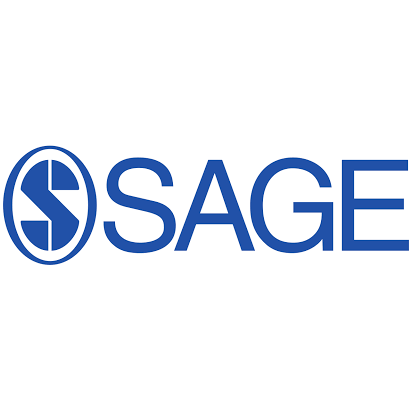
Keeping Positive and Building Strength: The Role of Affect and Team Leadership in Developing Resilience During an Organizational Crisis
(Group & Organization Management, April 2015)
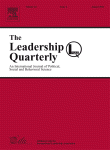
Measuring the Efficacy of Leaders to Assess Information and Make Decisions in a Crisis: The C-Lead Scale
(The Leadership Quarterly, August 2011)
Each day, leaders at all levels of organizations are dealing with emotionally charged issues like gender and racial bias, employee burnout, a quickly changing, technology-driven work landscape that will require new ways of working. Organizational psychologist and psychological safety expert Constance (Connie) Noonan Hadley, Ph.D., helps executives work through the pain points and go deep to better understand “the human side of work” so they can create a culture that is better able to adapt to challenging workplace issues and support resilience.
Ask us about Connie Hadley’s hands-on experiences that take learning beyond the boardroom.
The “Crafting Your Life” simulation has been a runaway bestseller at Harvard Business Publishing, with more than 40,000 people completing it since its launch in June 2020. Co-authors Connie Hadley and Leslie Perlow are currently conducting research using the simulation data to understand career decision-making and personal values alignment in action.
Workshops
Organizational psychologist and psychological safety expert Constance (Connie) Noonan Hadley, Ph.D., offers customized workshops to both leaders and teams during which she can discuss any or all of the following:
- Psychological Safety & Inclusive Leadership: What It Is and How to Create It
- Identifying and Addressing Loneliness in the Workplace
- Future of Work: Risk Factors and Solutions in Remote and Hybrid Work
- Leadership and the Human Side of Work
- How to Create More Collaborative, Innovative Teams
- Facilitating Inclusive Cultures Through Psychological Safety
- How to Build Trust, Resilience and Wellness into an Organization
- Caring for Individual and Team Mental Health
- Work Engagement and Career Decision Making
- Negotiations
- Social Support and Gender Dynamics at Work
These interactive workshops – which can be a 1-hour keynote talk, a 2-hour interactive workshop, or a 3-hour team training session – include a Q&A segment. In addition to offering participants valuable tools for better engaging with co-workers, Hadley shares powerful insights on how to find more meaning in work and ways to address employee emotional and mental health. Blending scientific findings with real-world examples, she incorporates experiential learning activities, such as simulations and breakout group activities, to drive understanding and impact. In all formats, her aim is to leave participants more inspired and better educated about how to increase effectiveness and well-being in their workplace.















